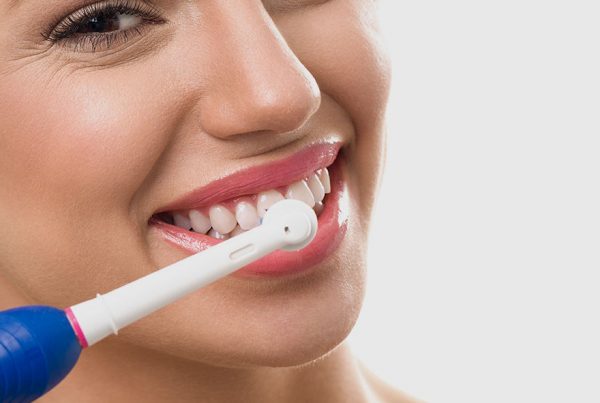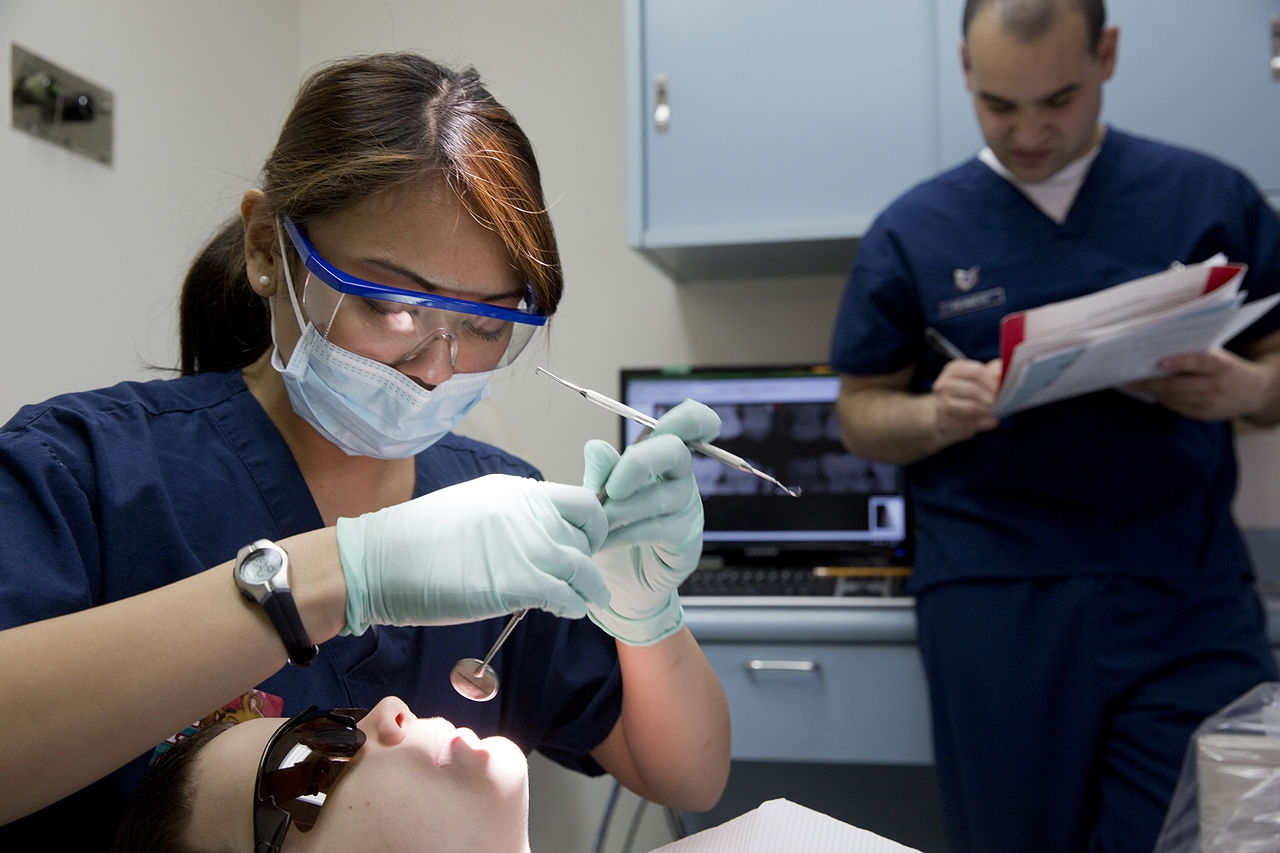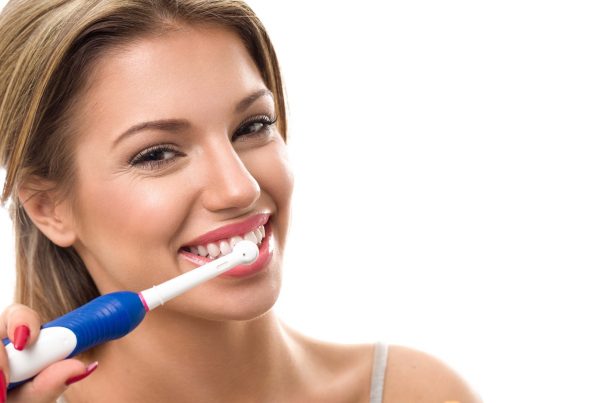Imagine you’re lying back in the dental chair. You’re having your teeth checked. You’re desperately hoping that the dentist doesn’t find anything wrong. Then the dentist starts talking to the assistant.
“Upper right four, MO. Upper right five, MOD. Ditching around the buccal aspect. Subgingival calculus around the overhanging margin mesially. BPE 3,2,2 on the upper. Best get the cat’s clippers. Upper right 6, 7, 8, NAD. What’s for dinner? Chicken dippers!”
Hearing that type of dental talk can leave you confused and anxious. In this article, I have put together some dentist jargon that you may hear during a check up. You obviously don’t need to follow much of the technical stuff but you may find a few bits interesting.
Soft tissues: Your dentist is talking about the soft stuff around your teeth. This is you cheeks, lips and tongue. The pink bits really.
Charting numbers and letters: If your dentist starts calling out letters and numbers, they are charting your teeth. Numbers mean adult teeth. Letters mean baby teeth. When your dentist is talking about your fillings, they may also say different letters. These letters are the surfaces that the filling covers. For example, a filling on the front and middle of the tooth may be called ‘MO’. Don’t worry about this. The dentist is simply recording information.
BPE: Basic Periodontal Examination. If your dentist calls out ‘BPE’ and says a few numbers, they are checking the health of your gums. The lower the number, the better. 0 is perfect. 1’s and 2’s are not bad. It’s when you have 3’s or 4’s that there may be issues with your gums. If the dentist says 3’s and 4’s, he or she may need some more detailed measurements to check the health of your gums. Gum treatment may be required.
Calculus: Posh word for tartar. The build up of hard plaque around your teeth. You don’t want this stuff.
Caries: Another word for tooth decay (link to ‘Tooth decay’ article). A hole in your tooth.
Arrested caries: Sometimes, decay will stop decaying. It may harden up and the hole may stop getting bigger. If this happens then you could describe the decay as ‘arrested’.
It is important to have dental examinations as recommended by your dentist to spot and prevent potential problems before they become a pain.
Keep updated with the Online Dentist newslettersign up today
Recent Articles
 Tooth brushing is the best way we have to remove bacteria from our mouths. The majority of problems with your teeth are caused by bacteria. Bacteria making holes. Bacteria damaging...
Tooth brushing is the best way we have to remove bacteria from our mouths. The majority of problems with your teeth are caused by bacteria. Bacteria making holes. Bacteria damaging...
 This article is all about toothpaste, what should be in it and why you should use it when brushing your teeth. Forgive me but I'm going to start out with...
This article is all about toothpaste, what should be in it and why you should use it when brushing your teeth. Forgive me but I'm going to start out with...




